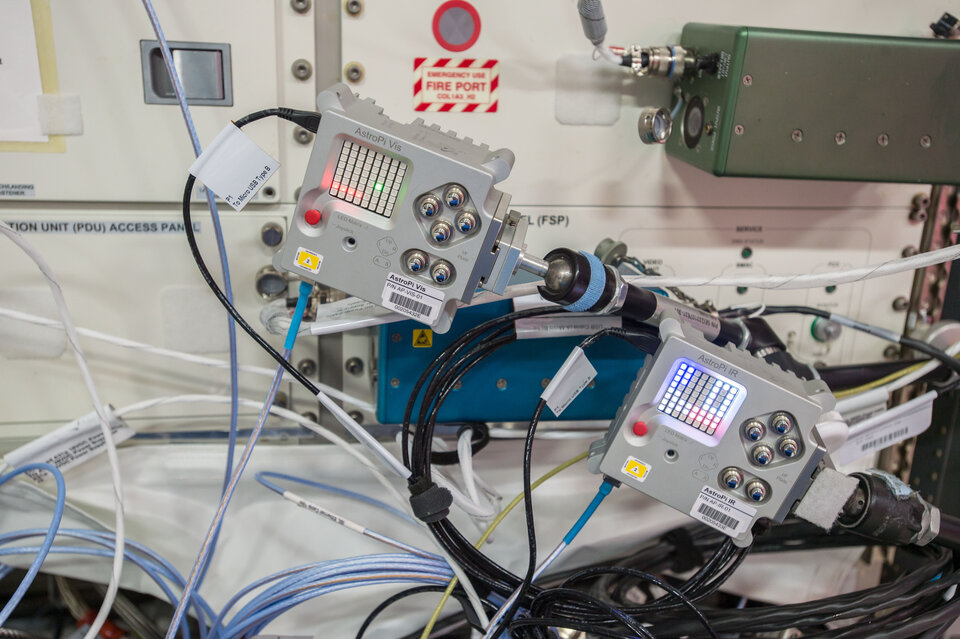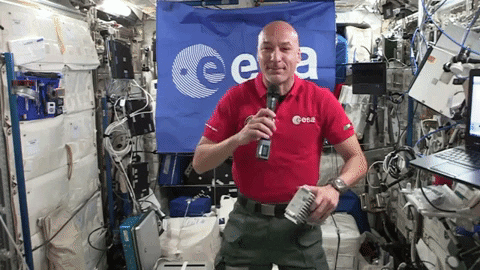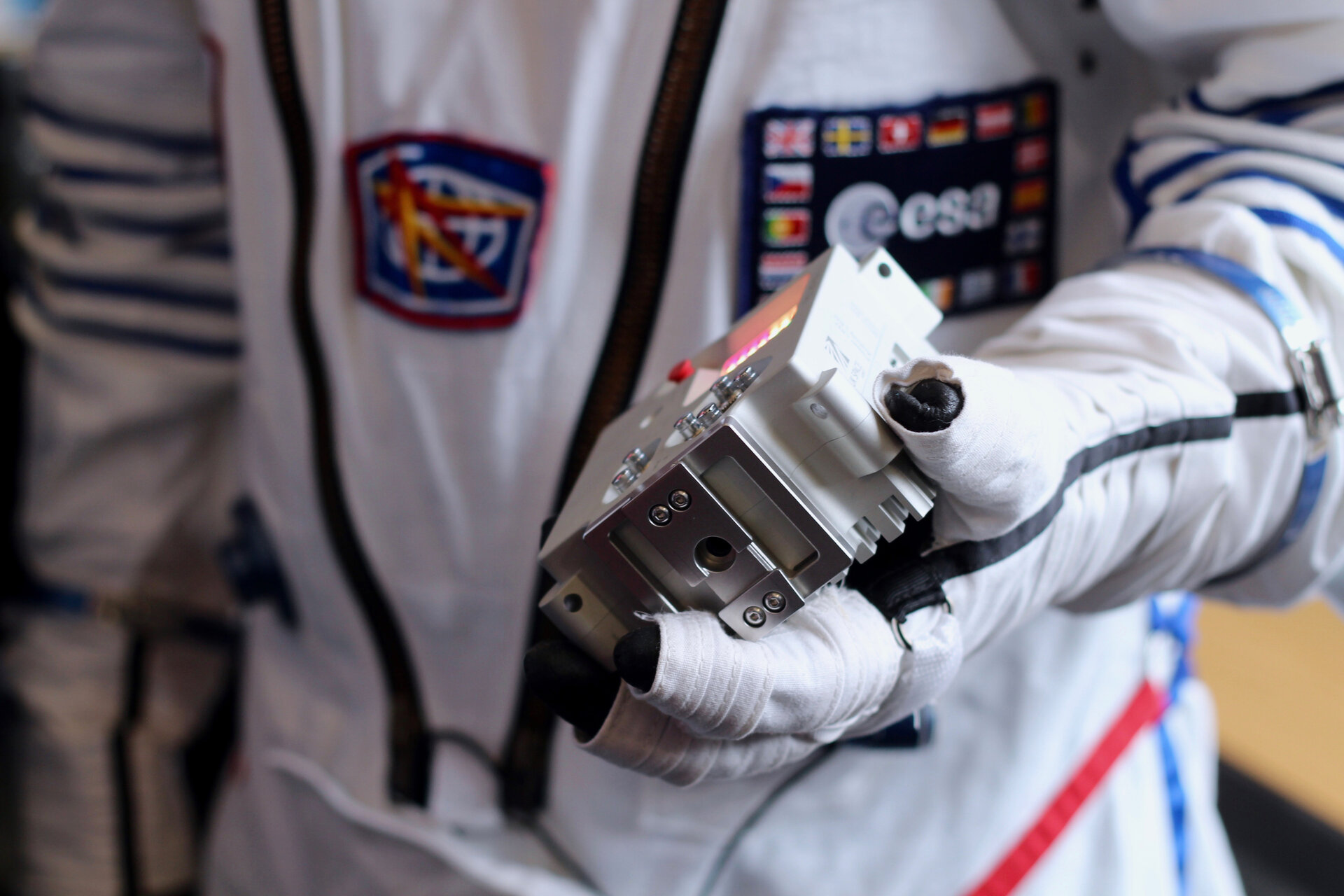423 Teams selected for phase 2 of Astro Pi Mission Space Lab 2019/2020!
ESA Education and the Raspberry Pi Foundation congratulate all the entries of this year’s European Astro Pi Challenge: Mission Space Lab for their outstanding proposals. This has been another record-breaking year with Phase 1 receiving a grand total of 545 entries from 23 countries! The 423 selected teams will now have a chance to write computer code for the scientific experiments they want to send up to Astro Pi Ed or Astro Pi Izzy to run aboard the International Space Station!
ESA astronaut Luca Parmitano kicked off the Astro Pi Challenge by inviting students and young people to explore ‘Life in Space’ or ‘Life on Earth’ by using the sensors, cameras and LEDs on Astro Pis Ed and Izzy. The creativity and ingenuity of the scientific experiments proposed are very impressive and we look forward to all the amazing science that you will conduct and the fantastic skills you will learn along the way!
All successful phase 2 teams will be notified by email and the Astro Pi kits sent to the address provided. The teams will then have the unique opportunity to familiarise themselves with the Astro Pi sensors and cameras, and even be able to test their code on it!

Keep an eye out for your Astro Pi kit!
If your team has been selected, you will soon receive an Astro Pi kit. To use the kit, you’ll need to provide your own monitor, USB keyboard, and USB mouse.
Inside the Astro Pi kit, you’ll find:
- A Raspberry Pi computer.
- A Sense HAT and two cameras (one for visible light like on Astro Pi Ed, and one for near-infrared light like on Astro Pi Izzy).
- 2 SD cards
- Desktop Coding Environment
- Flight Hardware Testing
- Power Supply
- HDMI cable & HDMI to VGA converter
Using your Astro Pi
You can watch our tutorial videos to help you explore the Astro Pi kit and learn how to assemble it.
We will also send the selected teams an invitation to a webinar, where we will show you how to use the Astro Pi, its sensors, and the cameras. You will have the chance to ask our experts your own questions!
Get coding
The Mission Space Lab guidelines will help you throughout the Challenge. You should also pay particular attention to our Phase 2 guide, in which we have collected essential information about writing your program and what is and isn’t possible with the Astro Pi hardware and software. So that your team has a chance of moving on to Phase 3, your program must comply with the requirements stated in the Phase 2 guide.
You can find more supporting resources on the Astro Pi website.
Questions?

ESA and the Raspberry Pi Foundation wish you the best of luck in conducting your own scientific investigations to collect data from space!
The Phase 2 guide on the Astro Pi website should have all the information you need. If there is anything you are unsure about, then ask us in the webinar.
If you have questions regarding the European Astro Pi Challenge, send them via email to astropi@esa.int.
About the European Astro Pi Challenge
The European Astro Pi Challenge is an ESA Education project run in collaboration with the Raspberry Pi Foundation. It offers students and young people the amazing opportunity to conduct scientific investigations in space by writing computer programs that run on Raspberry Pi computers on board the International Space Station (ISS). The Astro Pi Challenge is divided into two separate missions with different levels of complexity: Mission Zero (the basic mission), and Mission Space Lab (one step further). Mission Zero is now open to teams of students and young people who are aged 14 years or younger and are from ESA Member States, Canada, Slovenia and Malta [1]. You can find more information about Mission Zero here.
ESA Member States in 2019:
Austria, Belgium, Czech Republic, Denmark, Estonia, Finland, France, Germany, Greece, Hungary, Ireland, Italy, Luxembourg, the Netherlands, Norway, Poland, Portugal, Romania, Spain, Sweden, Switzerland and the United Kingdom.
ESA will also accept entries from primary or secondary schools located outside an ESA Member States, Canada and Slovenia only if such schools are officially authorised and/or certified by the official Education authorities of an ESA Member State (for instance, French school outside Europe officially recognised by the French Ministry of Education or delegated authority).


